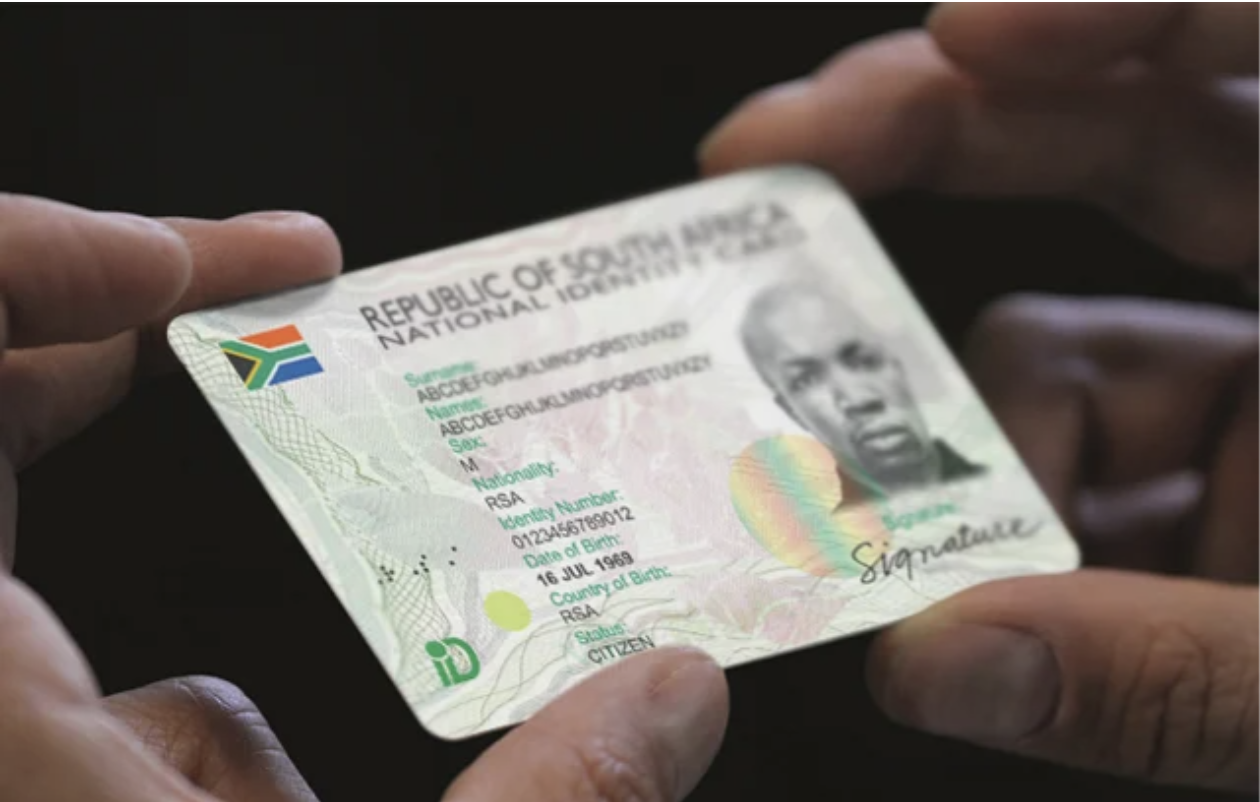Identity Review | Global Tech Think Tank
Keep up with the digital identity landscape.
The South African Department of Home Affairs (DHA) has recently published its new draft identity management policy for public comment. The policy aims to introduce a new identification system in the country which will act as a single source of information on all South Africans.
The existing Identification Act in South Africa is over 20 years old. Given this, the DHA has recognized that it is now obsolete since it is not based on a policy that considers key local and global developments in managing official personal information.
“This in part explains why the current legislation and systems are outdated, fragmented and do not fully align with constitutional principles of equality, non-discrimination and human dignity,” said the DHA.
Furthermore, recent crime and corruption rates in South Africa have led to many issues regarding identity theft. For example, using the existing system, it is currently possible for anyone who has not applied for an ID to successfully claim and use the identity of another person who has also not applied for an ID. This is because the biometrics of South African children are not collected after birth, according to the DHA.
“The DHA currently has no way to reliably verify that a child who presents a birth certificate as proof of identity during interactions with the department—for example, when applying for an ID for the first time—is truly the person whose birth the certificate is meant to certify. Any child can lay claim to the identity of another child and such instances have been recorded.”
In its newly published draft, the DHA has made a number of core recommendations to mend issues found in South Africa’s previous system.
First, the new identity management policy suggests that the records of people throughout their lifespan are kept. This involves registering every single birth that takes place in the country, irrespective of the status of the parents. It also involves capturing the biometrics of children at birth, provided that technology and medical conventions allow. These measures include a facial photograph, which must be taken for manual identification when needed.
In situations where this is not viable, the DHA recommends for a parent’s biometrics to be linked to the birth certificate of the child. However, children must be re-registered into the identification system when they reach age five with 10 fingerprints as well as iris and facial photographs. Alternative forms of biometric data, such as a photograph of the ear, should be also considered to bolster the identity system.
The DHA also recommends that ID numbers be based on parents. Through this system, the identity number of a child will be processed on the basis of biographic information and linked to their parents’ identity numbers and mother’s biometric data.
Finally, given new legislation in South Africa, the DHA asserts that a provision in the system must be made to recognize other gender and sex categories, establishing a category that is neither male nor female. The category must cater to biological males with feminine gender identity or expression, biological females with masculine gender identity or expression, transgender people and more, meaning that the sex and gender information in the population register must be able to be updated.
Alternatively, the DHA recommends the issuing of a random, unique identification number that is not linked to a person’s sex, gender, date of birth, place of birth or any other marker. This would replace the current structured 11-digit system that uses numbers that correspond to categorical personally identifiable information. This solution would also be more secure, as the former coded numbers were easier for fraudsters to guess based on limited information on a person.

The current South African Smart ID Card relies on an 11-digit coded identification number. Source: Business Tech South Africa
The report is open for comment until the end of November this year.
ABOUT THE WRITER
Serena He is a Tech Innovation Fellow from the University of Southern California who is interested in AI and the intersection of design and technology. She enjoys covering news across the digital identity and tech space.
Contact Serena He at serena@identityreview.com.
Do you have information to share with Identity Review? Email us at press@identityreview.com.